Our Services
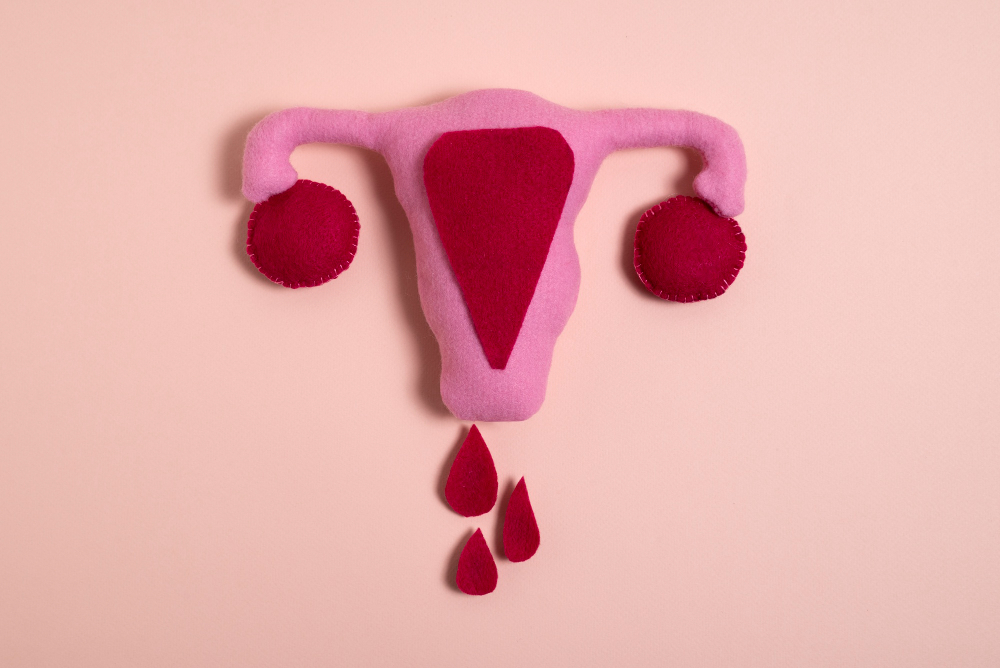
Menstrual Disorders
Menstrual disorders are common among women of reproductive age and can significantly affect their quality of life. These disorders encompass a range of issues related to the menstrual cycle, including irregular periods, heavy bleeding, painful periods, and absence of menstruation.

Menopause
Menopause is a natural biological process marking the end of a woman’s reproductive years. It typically occurs in the late 40s to early 50s and is characterized by the cessation of menstrual periods. While menopause is a normal part of aging, it can bring about various symptoms that impact a woman’s physical and emotional well-being.

Pelvic Inflammatory Disease (PID)
Pelvic Inflammatory Disease (PID) is a common infection of the female reproductive organs, including the uterus, fallopian tubes, and ovaries. It is typically caused by sexually transmitted bacteria such as Chlamydia trachomatis or Neisseria gonorrhoeae. PID can lead to serious complications if left untreated, including infertility, ectopic pregnancy, and chronic pelvic pain.
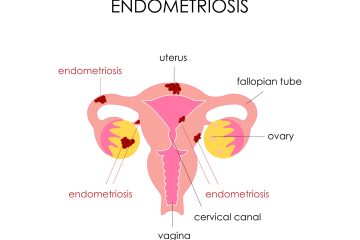
Endometriosis
Endometriosis is a chronic condition where tissue similar to the lining of the uterus (endometrium) grows outside the uterus, commonly on the ovaries, fallopian tubes, and pelvic organs. This condition affects millions of women worldwide and can cause significant pain and infertility.

Polycystic Ovary Syndrome (PCOS)
Polycystic Ovary Syndrome (PCOS) is a common hormonal disorder affecting women of reproductive age, characterized by enlarged ovaries containing multiple small cysts. PCOS can lead to various symptoms and complications, including irregular menstrual cycles, infertility, and metabolic issues.
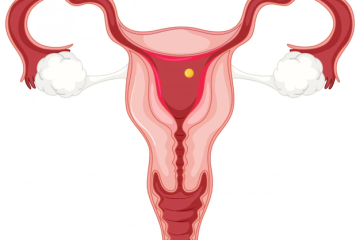
Uterine Fibroids
Uterine fibroids are noncancerous growths that develop in the uterus, affecting millions of women worldwide. While often asymptomatic, fibroids can cause various symptoms and complications, impacting a woman’s quality of life.
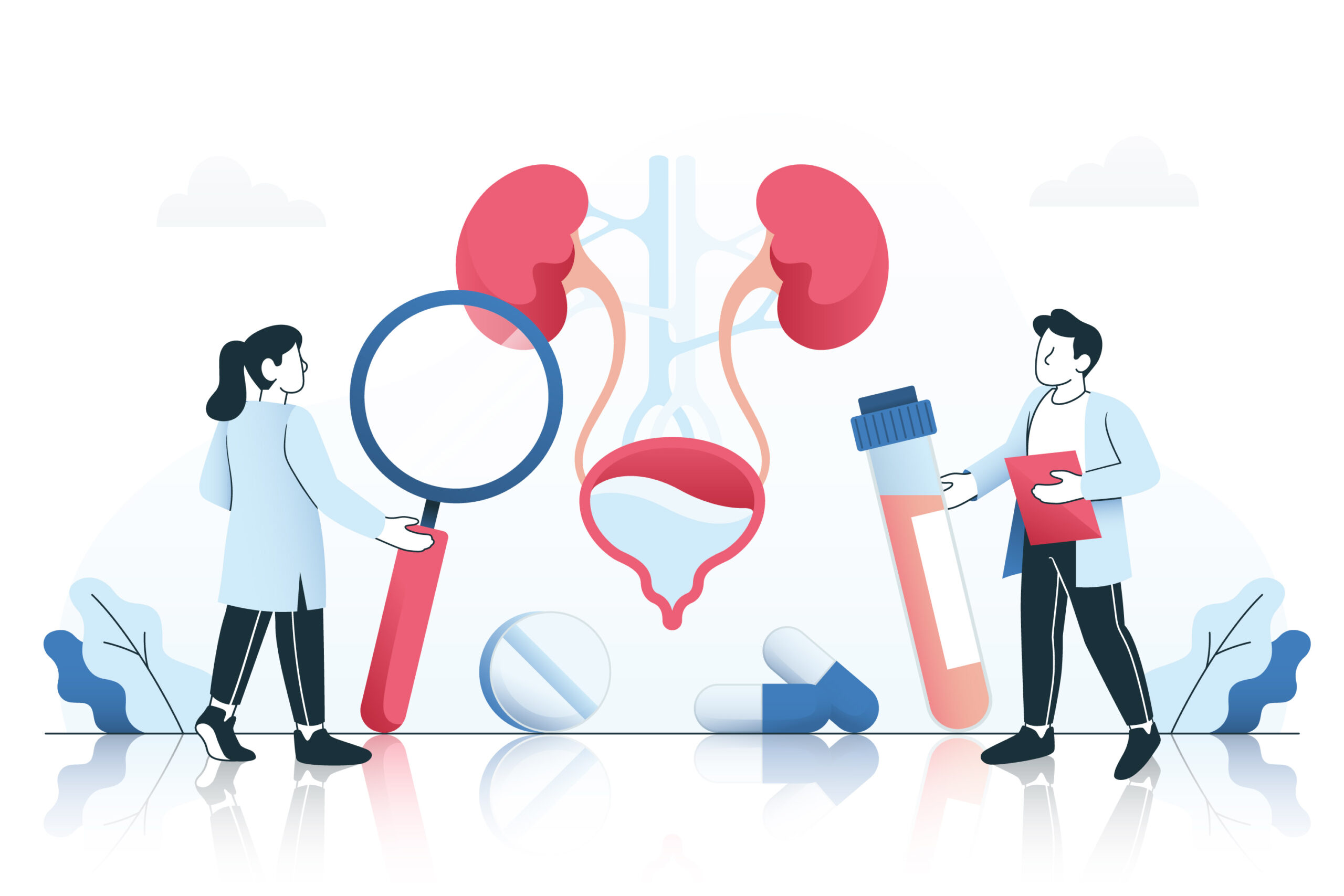
Urinary Incontinence
Urinary incontinence is a common condition characterized by the involuntary loss of urine, leading to embarrassment, inconvenience, and a decreased quality of life for affected individuals. While urinary incontinence can affect people of all ages, it is more prevalent among older adults.

Preeclampsia
Preeclampsia is a serious pregnancy complication characterized by high blood pressure and signs of damage to organs, most commonly the liver and kidneys. This condition typically occurs after the 20th week of pregnancy and can lead to serious complications for both the mother and the baby if left untreated.
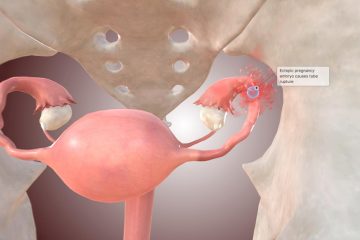
Ectopic Pregnancy
Ectopic pregnancy is a potentially life-threatening condition where a fertilized egg implants and grows outside the uterus, most commonly in the fallopian tubes. This type of pregnancy cannot proceed to term and requires prompt medical intervention to prevent serious complications.
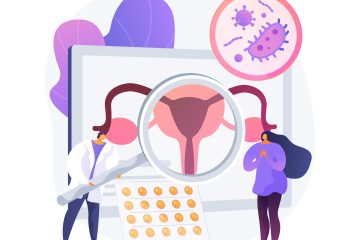
Sexually Transmitted Infections (STIs)
Sexually Transmitted Infections (STIs) are infections that spread through sexual activity, including vaginal, anal, or oral sex. These infections can be caused by bacteria, viruses, or parasites and can lead to various health complications if left untreated.

Pelvic Organ Prolapse
Pelvic organ prolapse (POP) is a common condition in women where pelvic organs, such as the bladder, uterus, or rectum, descend or bulge into the vaginal canal due to weakened pelvic floor muscles and ligaments. POP can cause discomfort, urinary and bowel issues, and affect quality of life.

Gestational Diabetes
Gestational diabetes mellitus (GDM) is a type of diabetes that develops during pregnancy. It occurs when the body cannot produce enough insulin to meet the increased demands of pregnancy, leading to high blood sugar levels. Gestational diabetes can pose risks for both the mother and baby, but with proper management, most women can have healthy pregnancies and deliveries.

Abnormal Pap Smears
An abnormal Pap smear result can be concerning, but it doesn’t always mean cancer. Pap smears, also known as Pap tests or cervical cytology, are screening tests used to detect abnormal changes in the cells of the cervix, which may indicate cervical cancer or precancerous conditions.
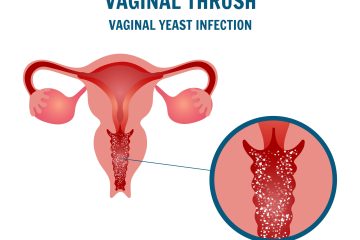
Vaginal Infections
Vaginal infections, such as yeast infections, are common conditions that affect many women at some point in their lives. These infections occur when the balance of bacteria and yeast in the vagina is disrupted, leading to symptoms such as itching, burning, and abnormal discharge.

Contraception & Family Planning
Contraception and family planning are essential components of reproductive healthcare, allowing individuals and couples to make informed decisions about when and if to have children. With a wide range of contraceptive methods available, it’s important to understand the options, benefits, and considerations associated with each method.


